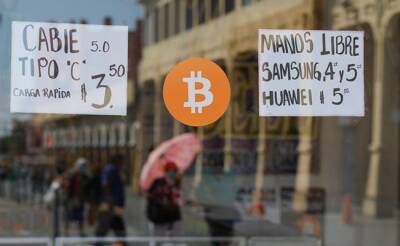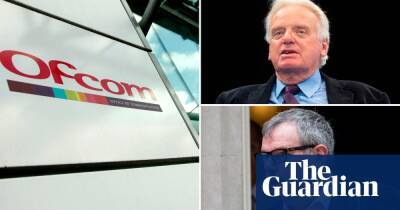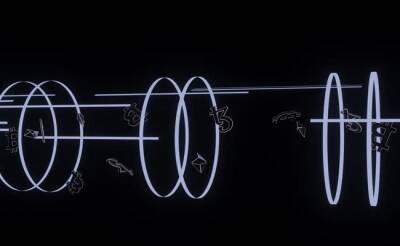How Square grew from a scrappy hardware start-up to payments powerhouse in a just over decade
In this weekly series, CNBC takes a look at companies that made the inaugural Disruptor 50 list, 10 years later.
It all started with a tiny square card reader.
Tech entrepreneurs Jack Dorsey and Jim McKelvey set out to find a straightforward way for artists and vendors to accept credit cards. The solution came in the form of a plastic, stamp-sized dongle that could be plugged into an iPhone jack.
The two St. Louis natives launched their start-up in 2009 and rode the wave of smartphones and online payments. In the thirteen years since, Square, now called Block, has grown into a $54 billion financial powerhouse.
«We happened to recognize a problem: more of the U.S. was moving to paying with plastic cards which was great for individuals because it's convenient, but the problem was, a lot of sellers couldn't accept cards,» Dorsey said in a recent interview with MicroStrategy's CEO. «We didn't realize that was just the tip of the iceberg.»
The early iPhone dongle quickly evolved into an iPad app to get rid of the need for cash registers. Square struck a deal with Apple to sell its hardware in stores, and later with Starbucks, becoming its official card processor. From there, Square started focusing on all things small business, including loans and payroll. It bought food delivery service Caviar, then a few years later sold it to DoorDash.
Block now operates an FDIC-insured bank, consumer payments platform, stock and cryptocurrency trading and physical debit cards. The San Francisco-based company also bought Jay-Z's music streaming service Tidal and buy-now-pay-later provider Afterpay.
Like most Disruptor 50 companies, Square's growth was fueled by venture capital dollars.
Its first official round of funding in 2009 was led by
Read more on cnbc.com





















